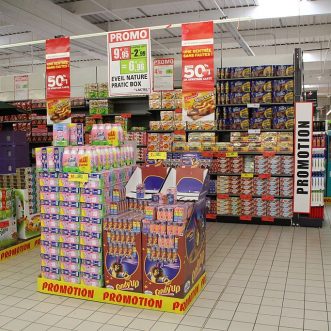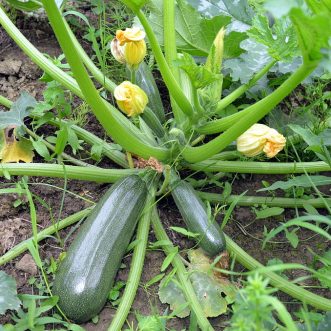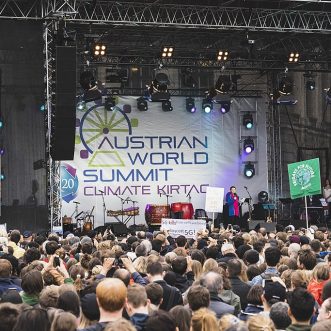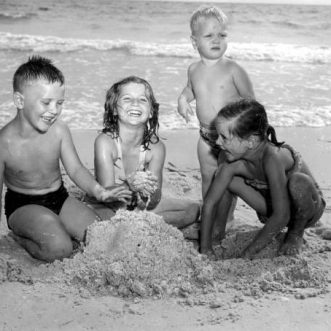
Recognition
Occasionally, Keith Brymer Jones, a judge on ‘The Great Pottery Throwdown’ will shed a tear over someone’s work. Making Keith cry is to aspiring potters

Occasionally, Keith Brymer Jones, a judge on ‘The Great Pottery Throwdown’ will shed a tear over someone’s work. Making Keith cry is to aspiring potters

For over 30 years I did almost all my shopping at my local big-name supermarket.
Recently, I stopped. The trigger was the self-checkouts – they finally brought it home to me that in spite of all the personal ‘offers’, I am not a person for them, I am merely a consumer. A number on a loyalty card.
Do they miss me? I doubt it.
Now I buy from street markets, WI markets, farm shops and sail cargo. I shop around. Not for the lowest price, but for the best price/experience combination.
I want to do business with people that will miss me when I’m gone.
Don’t we all?

A supermarket gives me courgette security. I can buy courgettes all year round, any day of the week. They’ll always be the same size, ripeness and quality. This comes at a cost of course. Supermarket courgettes are always priced at the out-of-season level, even when there is a glut in my allotment.
My allotment gives me courgette sovereignty. I can grow as few or as many as I like. I can grow whatever varieties I choose, provided I can give them the conditions they need. This comes at a cost of course. I have to spend time preparing the soil, weeding and watering to give them the conditions they need.
Which option you choose depends on how much you value their side-effects.
The supermarket option is convenient, freeing up time to do other things. On the other hand, those all-year-round courgettes are grown under plastic which ends up in the soil; in an arid part of Spain, which depletes the local water supply; and are picked by migrants, who live in virtual slavery.
The allotment option involves exercise, fresh air, and the satisfaction of doing it yourself. On the other hand, I have to pay rent, keep it looking neat, and after all my hard work, I may not get any courgettes.
But when I do, I’ll really enjoy them.

Today is the International Day of the Girl Child.
That might be an understatement.
Go girls!


What is freedom?
That isn’t all we want as humans though. We also crave Purpose – to be doing this for something bigger than ourselves; and Community – to be doing it with like-minded people. And within that community, we also seek Status – to find our place and have others know it.
Gangs, drug rings and terrorist organisations provide these things in spades.
So could work, if we designed it to.

Money. A means of exchange, and a store of value.
As one, it oils the wheels of commerce, industry and everyday life. Enabling us not just to transfer value between each other, but to generate new value for each other.
As the other, it locks up not just its current value, but also all the potential value it is able to create.
Too much oil in the system can be wasteful, but not enough is catastrophic.
Hoarding is counter-productive. Money needs to move to be really useful, and the more parts it can reach, the more useful it will be.

We humans are good at compartmentalising.
We happily shop with a backpack or canvas bag ‘to save plastic’, then collect Disney hero cards or M&S shop miniatures with our groceries.
We install dual flush toilets ‘to save water’, then take 3 showers a day.
We cycle to work ‘to avoid polluting’, then fly abroad for a holiday 4 or 5 times a year.
Compartmentalising allows us to tinker, to make ourselves feel good, when what’s really needed is a paradigm shift.
Good luck to everyone on the Global Climate Strike today.


“You cannot understand good design if you do not understand people; design is made for people.” Dieter Rams ‘Design by Vitsoe’, 1976
Good Design:
Imagine if we designed organisations and processes this way too?